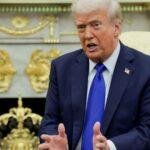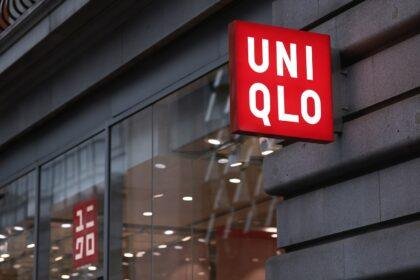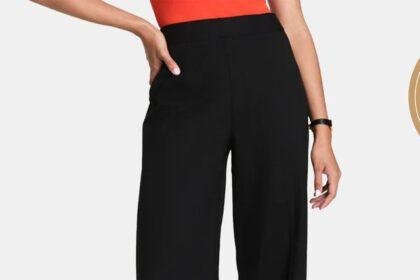U.S. Apparel Industry Calls for Action Against Counterfeit Goods on Major Platforms
In a significant move, leaders from the U.S. apparel industry are urging the federal government to take robust action against the rampant sale of counterfeit goods on popular online platforms, including Meta‘s Facebook and Instagram, as well as AliExpress, Taobao, and Shopee. This call to action comes amid growing concerns about the impact of counterfeit products on businesses, consumers, and the broader economy.
The Growing Threat of Counterfeiting
The American Apparel and Footwear Association (AAFA) has publicly accused these platforms of not only enabling but also profiting from the sale of counterfeit items. In a recent press release, the AAFA stated that this trend poses a significant threat to American innovation, consumer safety, and the livelihoods of workers in the apparel sector. The association’s concerns are particularly timely as the Office of the U.S. Trade Representative (USTR) prepares to review its 2025 Notorious Markets for Counterfeiting and Piracy list (NML).
Steve Lamar, CEO of the AAFA, emphasized the urgency of the situation, stating, “Recognizing these platforms as notorious marketplaces simply reflects reality: counterfeit fashion is widely available on some of the most visited online marketplaces and social media platforms in the U.S.” He further noted that the current administration has a unique opportunity to address the inadequacies of these platforms in combating counterfeiters while raising consumer awareness about the hidden dangers of online shopping.
The Role of Artificial Intelligence
One of the most alarming aspects of this issue is the role of artificial intelligence in facilitating the proliferation of counterfeit goods. The AAFA has pointed out that advancements in AI technology are being exploited by counterfeiters, making it easier for them to create and distribute fake products. This technological evolution has led to an “alarming” increase in counterfeit items flooding the market, further complicating the efforts of legitimate brands to protect their intellectual property.
Historical Context and Ongoing Conflicts
The conflict between the AAFA and Alibaba, a major player in the e-commerce space, has been ongoing for over a decade. U.S. brands have consistently accused the Chinese e-commerce giant of facilitating the trade of counterfeit goods, undermining the integrity of legitimate businesses. The AAFA has also previously targeted Meta and Shopee for similar reasons, highlighting a broader trend of concern among U.S. brands regarding the effectiveness of these platforms in curbing counterfeit sales.
In 2022, the AAFA took a stand against these platforms, emphasizing the need for stricter regulations and enforcement mechanisms to protect consumers and businesses alike. The association represents over 1,100 clothing and footwear brands across the United States, a sector that employs more than 3.6 million people and generates approximately $523 billion in revenue annually.
The Economic Impact of Counterfeiting
The economic ramifications of counterfeiting extend beyond the immediate losses faced by brands. According to a report from the International Chamber of Commerce, the global economic impact of counterfeiting and piracy is estimated to reach $4.2 trillion by 2022. This staggering figure underscores the urgency for governments and industry leaders to collaborate in combating this pervasive issue.
Counterfeit goods not only harm legitimate businesses but also pose risks to consumers. Many counterfeit products lack the quality and safety standards of their genuine counterparts, leading to potential health hazards. For instance, counterfeit apparel may be made from substandard materials that can cause skin irritations or other health issues.
The Path Forward
As the USTR reviews the Notorious Markets list, the AAFA is advocating for the inclusion of Meta, AliExpress, Taobao, and Shopee. The association believes that such recognition would not only validate their concerns but also prompt these platforms to take more effective measures against counterfeiters. The AAFA’s push for action is part of a broader effort to protect American innovation and ensure that consumers can shop with confidence.
In addition to regulatory measures, the AAFA is calling for increased collaboration between the government, industry stakeholders, and technology companies. By working together, these entities can develop more robust systems for identifying and removing counterfeit listings, thereby safeguarding both consumers and legitimate businesses.
Conclusion
The U.S. apparel industry’s call for action against counterfeit goods highlights a critical issue that affects not only businesses but also consumers and the economy at large. As counterfeit products continue to proliferate on major online platforms, the need for decisive action has never been more urgent. The AAFA’s advocacy for the inclusion of these platforms on the Notorious Markets list serves as a crucial step toward addressing this growing threat. By fostering collaboration and implementing stricter regulations, stakeholders can work together to combat counterfeiting and protect the integrity of the American marketplace.









